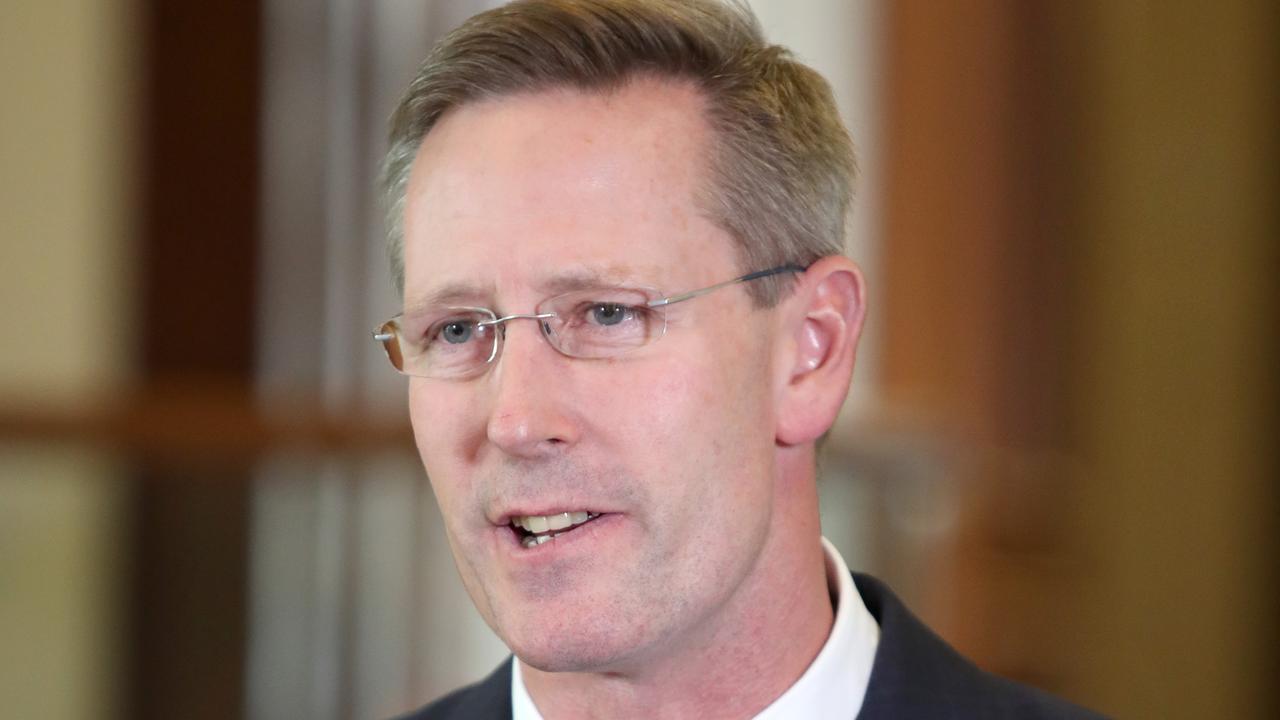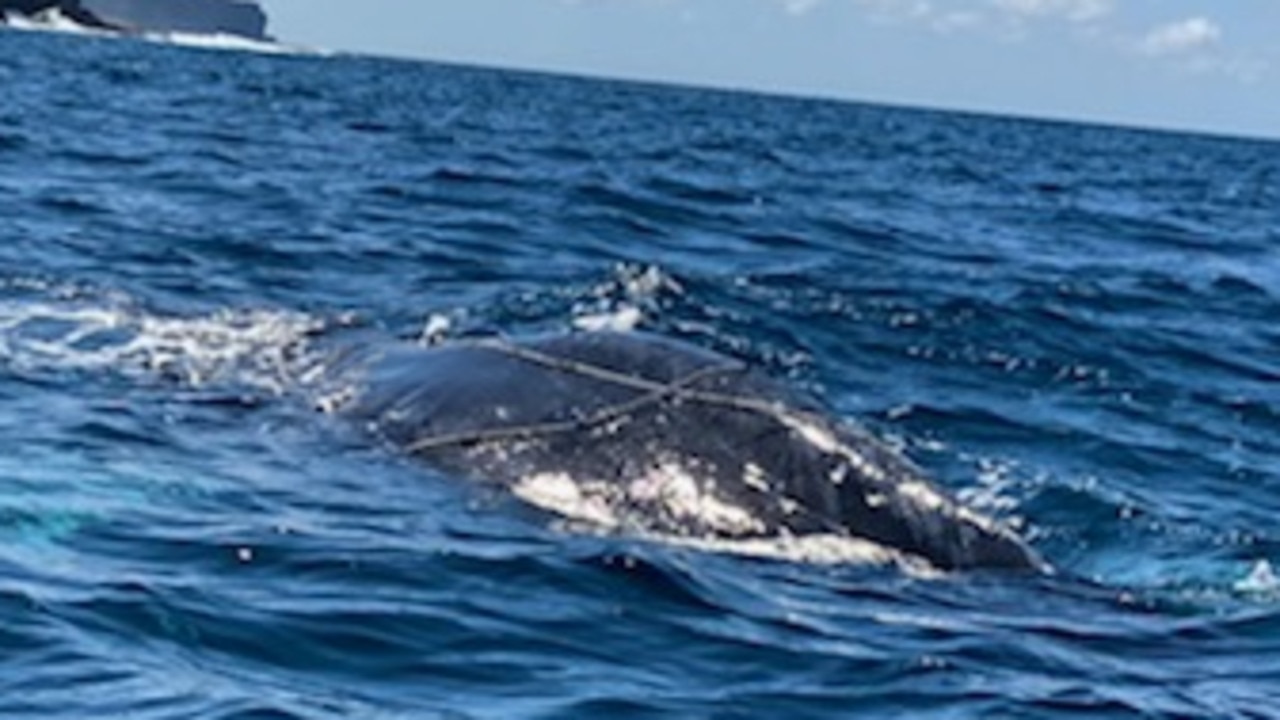UNESCO smacks down Australia over its treatment of Great Barrier Reef
AUSTRALIA has been smacked down internationally for the way we treat one of our greatest assets. Here’s a look into our global dressing down.
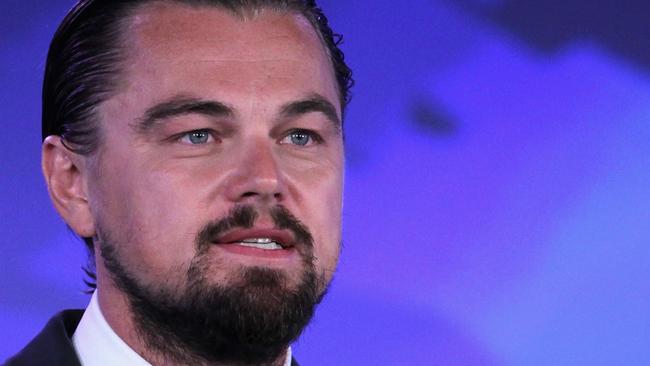
Conservation
Don't miss out on the headlines from Conservation. Followed categories will be added to My News.
AUSTRALIA has been smacked down internationally for the way we treat one of our greatest assets — the Great Barrier Reef.
The United Nations Educational, Scientific and Cultural Organisation (UNESCO) has given Australia a dressing down on the world stage for not doing enough to protect the world’s largest coral reef system.
UNESCO yesterday gave Australia an extra 12 months to fix perceived problems before placing the reef on the List of World Heritage in Danger.
The organisation’s concerns are chiefly related to the dumping of vast amounts of sludge into the waters near the natural wonder as part of a dredging project for a major coal port expansion.
UNESCO has expressed “concern” and “regret” over the Federal Government’s approval of the expanded Abbot Point coal terminal, near Bowen in north Queensland.
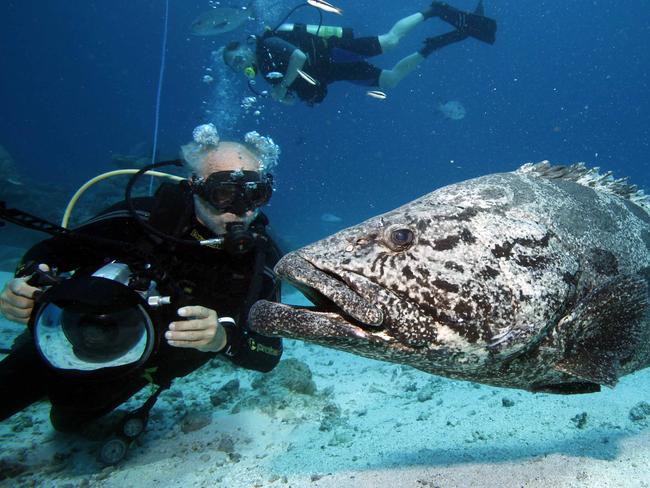
It warned of the “serious decline in the condition” of the reef and said “a business-as-usual approach to managing the property is not an option”.
The port expansion will involve the dumping of three million cubic metres of dredge spoil in waters 20km from the reef.
“Based purely on the evidence referenced by the experts, it is clear that the integrity of the site is at risk,” the Jamaican delegation said at the UN meeting in Doha, Qatar.
RELATED: Leo DiCaprio makes surprising comment about Great Barrier Reef
RELATED: Protecting reef should be priority: poll
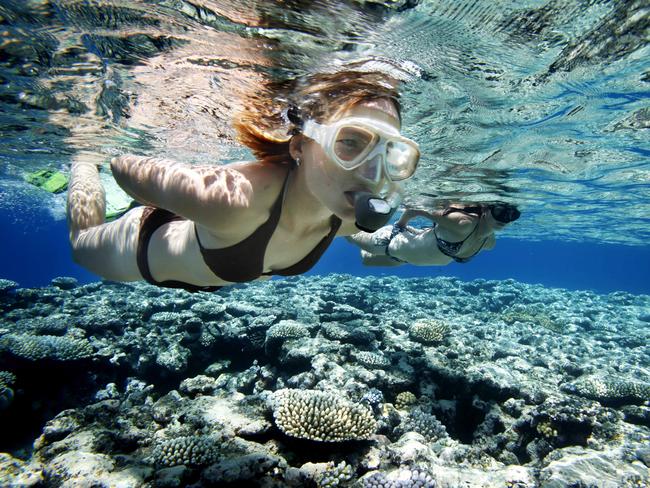
WWF Australia spokesman Richard Leck, who was at the meeting, said the committee had maintained pressure on the Commonwealth to improve protections and address threats posed by developments.
“They’ve really put the government on notice that they need to lift their game,” he said.
Federal Environment Minister Greg Hunt said the decision to delay the endangered listing recognised the significant work Australia had done to protect the natural wonder, such as state and federal governments pumping $180 million each year into reef projects.
World Heritage Centre director Kishore Rao agreed that Australia was making progress towards conserving the reef.
“UNESCO is confident the overall direction towards next year’s decision is a positive one,” he said.
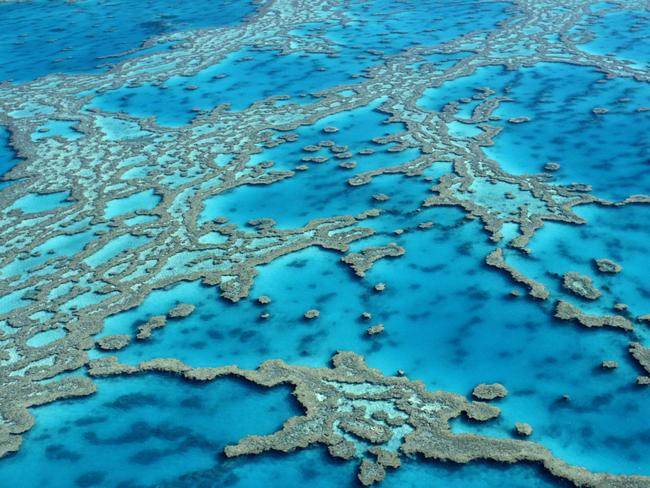
Australia has been compelled to submit an updated report on health of the site by February 1 or face the international ignominy of having the reef being tagged as “in danger”.
The Doha meeting follows comments made by The Great Gatsby star Leonardo DiCaprio that he had witnessed the “environmental devastation” of the reef first-hand.
“What once had looked like an endless underwater utopia is now riddled with bleached coral reefs and massive dead zones,” DiCaprio told the Our Ocean Conference in Washington DC earlier this week.
The Great Barrier Reef is the world’s largest marine park, a network of more than 400 kinds of coral that stretches more than 3000km.
It is home to molluscs, rays, dolphins, more than 1500 species of tropical fish, more than 200 types of birds, about 20 types of reptiles including sea turtles and giant clams over 120 years old.

Originally published as UNESCO smacks down Australia over its treatment of Great Barrier Reef

